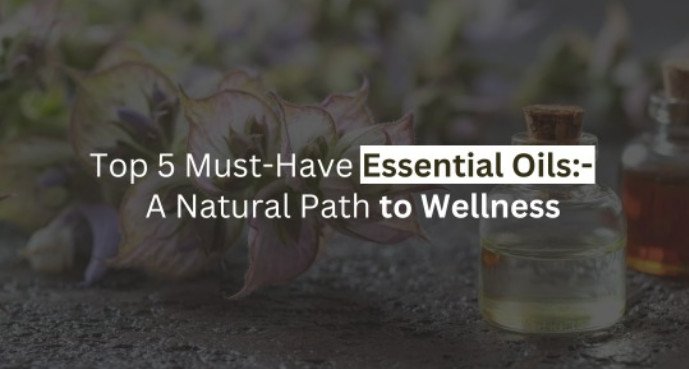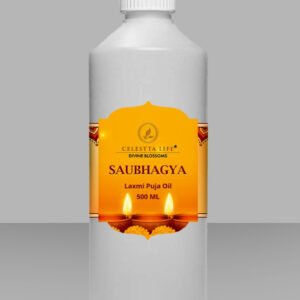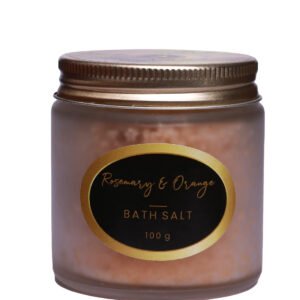Aromatherapy, also known as essential oil therapy, is a holistic healing treatment that uses natural plant extracts to promote health and well-being. Sometimes referred to as essential oil therapy, it employs aromatic essential oils medicinally to improve the health of the body, mind, and spirit. It enhances both physical and emotional health.
What is Aromatherapy?
Aromatherapy is an ancient practice that dates back thousands of years. The Egyptians, Greeks, and Romans were among the first to recognize the therapeutic properties of essential oils. These natural oils are extracted from various parts of plants, including flowers, leaves, bark, stems, and roots, and are known for their aromatic qualities.
How Does Aromatherapy Work?
Aromatherapy works through the sense of smell and skin absorption using products such as essential oils, lotions, and inhalers. The olfactory system, which includes all physical organs or cells relating to or contributing to the sense of smell, plays a significant role in aromatherapy. When essential oils are inhaled, the scent molecules travel from the olfactory nerves directly to the brain, especially impacting the amygdala, the emotional center of the brain.
Benefits of Aromatherapy
Aromatherapy offers a multitude of benefits, which can be categorized into physical, emotional, and psychological benefits.
Physical Benefits
- Pain Relief: Essential oils such as lavender, eucalyptus, and peppermint have analgesic properties that can help relieve pain, including headaches, muscle pain, and joint pain.
- Improved Digestion: Oils like ginger, peppermint, and fennel can aid digestion and reduce symptoms like bloating and nausea.
- Enhanced Immune System: Some essential oils have antimicrobial properties that can help protect against infections and boost the immune system. Tea tree oil, eucalyptus, and lemon are particularly effective.
- Improved Skin Health: Essential oils can treat a variety of skin conditions. Tea tree oil is known for its antibacterial properties, lavender for its soothing effects, and rose oil for its hydrating benefits.
Emotional and Psychological Benefits
- Stress Reduction: Aromatherapy is well-known for its stress-relieving properties. Lavender, chamomile, and rose essential oils can promote relaxation and reduce anxiety.
- Improved Sleep: Essential oils like lavender and chamomile are commonly used to improve sleep quality. They can help create a calming environment conducive to restful sleep.
- Enhanced Mood: Citrus oils like orange, lemon, and grapefruit are known for their uplifting and energizing effects, helping to combat feelings of depression and improve overall mood.
- Mental Clarity and Focus: Essential oils such as rosemary and peppermint can improve concentration and cognitive function.
Common Uses of Aromatherapy
Aromatherapy can be used in various ways, each method offering unique benefits depending on the desired outcome.
Inhalation
Inhalation is one of the most popular methods of using essential oils. This can be done through:
- Diffusers: Devices that disperse essential oils into the air.
- Steam Inhalation: Adding a few drops of essential oil to a bowl of hot water and inhaling the steam.
- Direct Inhalation: Smelling the essential oil directly from the bottle.
Topical Application
Applying essential oils directly to the skin is another effective method. However, essential oils should always be diluted with a carrier oil (such as coconut oil, jojoba oil, or almond oil) to prevent skin irritation.
- Massage: Essential oils can be mixed with massage oils to enhance the therapeutic effects.
- Baths: Adding essential oils to a bath can provide a relaxing and therapeutic experience.
- Skincare: Incorporating essential oils into skincare routines can help address specific skin concerns.
Internal Use
While some essential oils can be ingested, this should only be done under the guidance of a qualified healthcare provider due to the potential for toxicity.
Safety and Precautions
While aromatherapy is generally safe, it is important to use essential oils correctly to avoid adverse reactions. Here are some key safety tips:
- Dilute Essential Oils: Always dilute essential oils with a carrier oil before applying them to the skin.
- Patch Test: Perform a patch test before using a new essential oil to check for any allergic reactions.
- Avoid Ingestion: Do not ingest essential oils unless directed by a qualified professional.
- Consult with a Healthcare Provider: If you are pregnant, nursing, or have a medical condition, consult with a healthcare provider before using essential oils.
Conclusion
Aromatherapy is a versatile and effective natural therapy that can enhance physical, emotional, and psychological well-being. By understanding its benefits and proper usage, you can safely incorporate essential oils into your daily routine to promote overall health and wellness.














